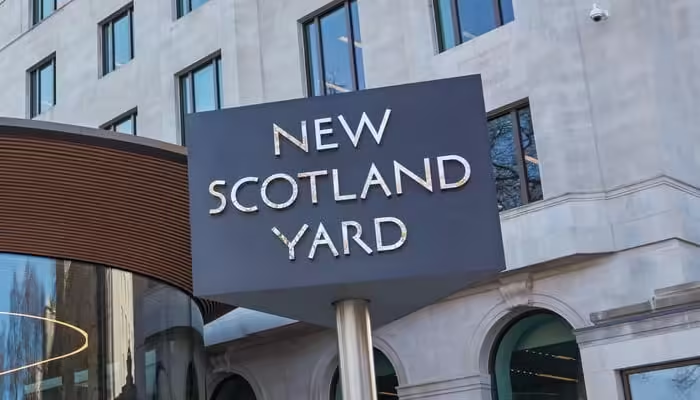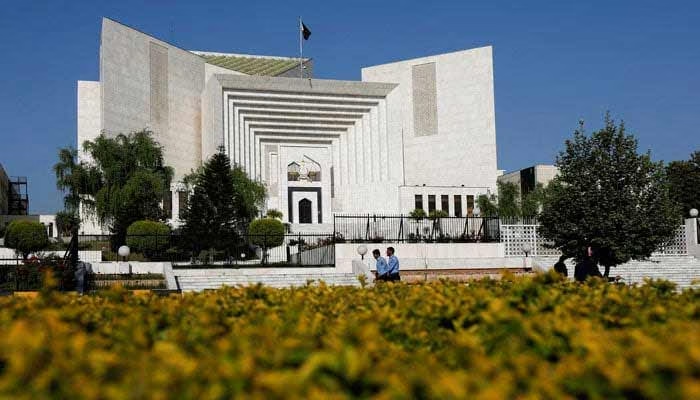Scotland Yard has concluded its investigation into allegations made by Tasnim Haider against Nawaz Sharif, Maryam Nawaz, and several of their associates regarding the murder of journalist Arshad Sharif. After nearly 18 months of probing, the authorities found no substantial evidence to support Haider’s claims and have decided not to pursue a formal investigation.
Background of the Allegations
Tasnim Haider had accused the leadership of the Pakistan Muslim League (PML-N), including Nawaz Sharif and Maryam Nawaz, along with their associates Salim Raza, Nasir Mehmood, Zubair Gul, and Rashid Nasrullah, of being involved in the murder of journalist Arshad Sharif. These allegations had sparked significant media attention and led to a preliminary inquiry by Scotland Yard’s Counter-Terror Command Unit.
Scotland Yard’s Findings
According to Scotland Yard, Tasnim Haider was unable to provide concrete evidence against Nawaz Sharif and the other accused individuals. Despite the serious nature of the accusations, the investigation did not uncover any actionable information or links that would warrant further legal action.
The Counter-Terror Command Unit confirmed to Geo News that there was no basis to initiate a formal investigation into the murder conspiracy allegations. This decision was communicated to Tasnim Haider, highlighting the lack of credible evidence to substantiate his claims.
Official Statements
Scotland Yard’s conclusion brings an end to a long period of speculation and inquiry. The authorities have reiterated their commitment to thorough and impartial investigations, ensuring that all allegations are carefully scrutinized before any formal action is taken. Their decision not to proceed with a formal investigation underscores the importance of evidence-based inquiries, particularly in cases involving high-profile individuals and serious accusations.
Public and Media Reactions
The end of the investigation has elicited various reactions from the public and media. Supporters of Nawaz Sharif and Maryam Nawaz have welcomed the decision, viewing it as a vindication of their innocence. Conversely, critics and opponents may continue to question the circumstances surrounding Arshad Sharif’s death, despite the lack of evidence implicating the PML-N leadership.
Implications for Tasnim Haider
For Tasnim Haider, the conclusion of this investigation marks a significant moment. Having brought serious allegations against prominent political figures, the inability to provide supporting evidence not only affects his credibility but also raises questions about the motives and origins of his claims. Scotland Yard’s decision may deter similar unfounded accusations in the future, emphasizing the need for substantiated claims in legal and public discourses.
Broader Context
This case highlights the complexities and challenges faced by law enforcement agencies in handling politically sensitive allegations. The thorough investigation by Scotland Yard, despite the ultimate conclusion, reflects the agency’s dedication to due process and justice. It also underscores the importance of separating political rhetoric from actionable legal matters, ensuring that investigations are grounded in fact and evidence.
The decision by Scotland Yard to end the investigation into Nawaz Sharif, Maryam Nawaz, and their associates marks a pivotal moment in this high-profile case. The lack of evidence presented by Tasnim Haider has led to the conclusion that there is no need for a formal investigation. This outcome not only clears the accused individuals of the allegations but also reinforces the necessity of evidence-based inquiries in upholding justice and integrity within legal processes.
As the news of this decision circulates, it serves as a reminder of the importance of credible evidence in legal accusations and the role of law enforcement in meticulously investigating such claims. The end of this investigation by Scotland Yard sets a precedent for handling similar cases in the future, emphasizing the principles of justice and due process.



